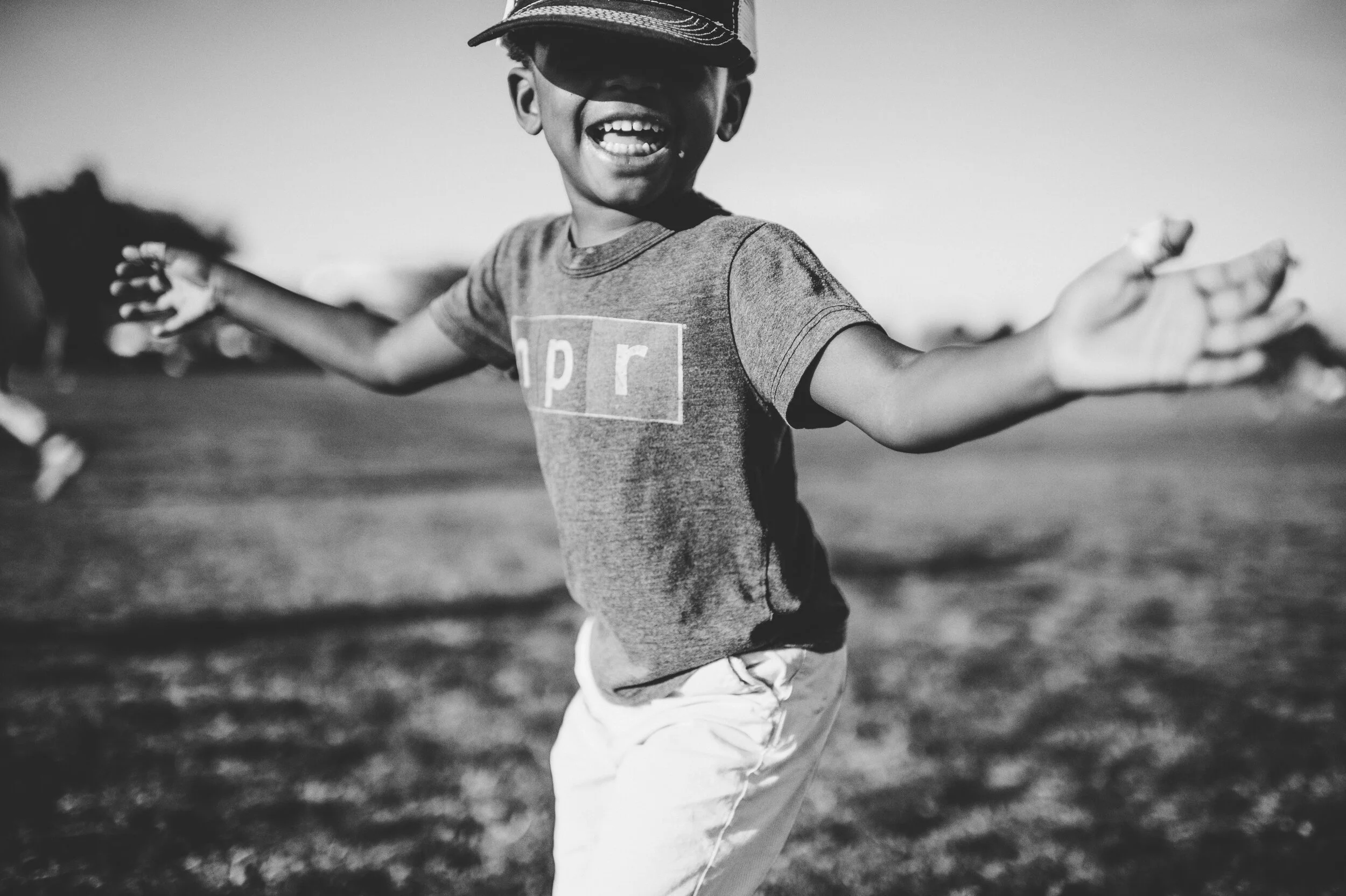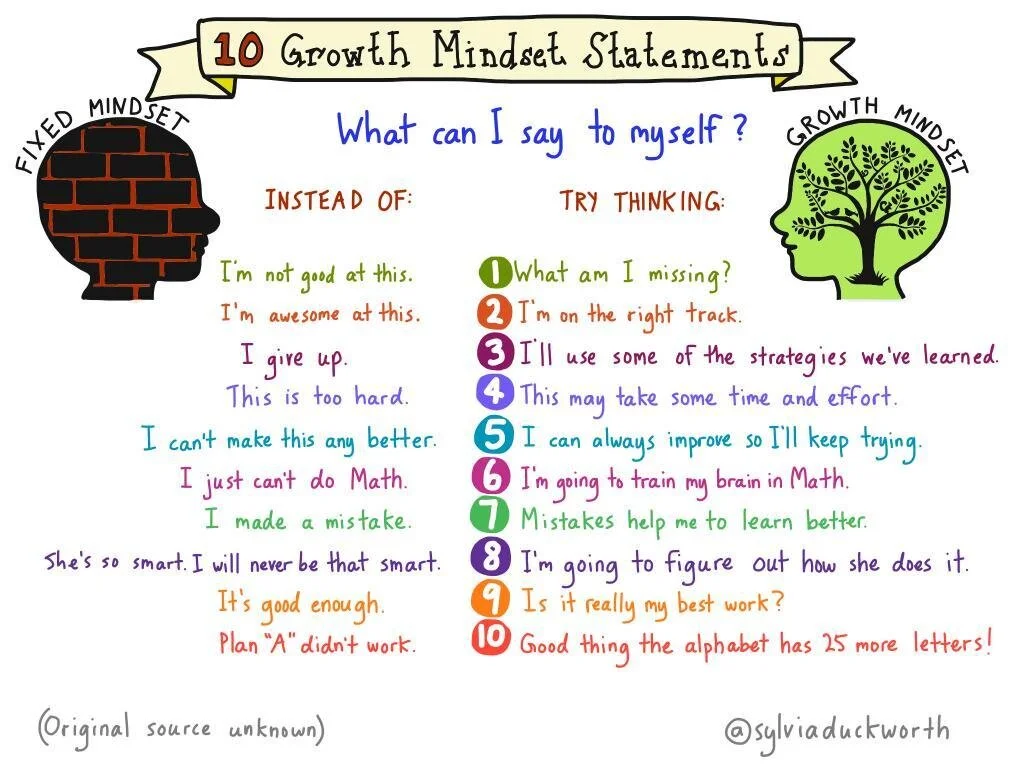(This post which was first published in February, 2018, has been updated and republished and is more relevant than ever!)
Between Covid-19 and racial injustice, our world is full of unrest. The uncertainty of what lies ahead is causing anxiety for many. Social distancing is leaving many feeling lonely and isolated. Economic challenge is leading to increasing amounts of stress. Cancelled activities are leaving people conflicted and confused. As adults, we must not only choose how we will face these troublesome times but we must choose how we will help and guide our children in a healthy and constructive way.
We must take on the responsibility to raise healthy, mentally competent children who can become healthy, independent and well-adjusted adults.
Because, that is our job as parents, right?
Many parents feel that if they can steer their kids through childhood safely, without any pain or hardship, then they have done a good job. The problem with that mindset - what I call the bubble wrap approach - is that kids enter adulthood without any skills to navigate the challenges of life.
Jessica Lahey puts it this way in her book, The Gift of Failure: "Today's overprotective, failure-avoidant parenting style has undermined the competence, independence and academic potential of an entire generation."
We have a huge opportunity in this moment of history to demonstrate for our children how to respond to life’s bumps in the road. By giving children opportunities to build resilience, social skills, self-awareness, and self-competency, in the context of nurturing adult relationships, children can move towards healthy independence. The key here is CONNECTION. When a child feels connected and accepted, it sets the stage for them to grow to be their best selves.
So how do we do this? Here are some simple and practical things you can do as a parent, caregiver or educator to help the children in your life thrive:
Give them room to fail. Children, as young as toddlers, can be given space to explore and try things on their own. They may fall, they may get messy, but it is these hands-on experiences where they learn cause and effect and natural consequences. Also, when a child experiences setbacks and see that they can come out the other side and learn some things - that leads to resiliency. It is sometimes hard to step back but the rewards for you child will be worth it. Rather than giving them harsh correction, be empathetic and lead them to seek new solutions.
Help your child discover things that are calming. Be an observer of you child and notice what types of things are calming to them. Help them connect how they feel with an action and as they make that connection it will become a tool they can use when they are frustrated. For some children, a certain scent or having a fidget can be calming. Maybe it is petting the family dog or jumping on a mini trampoline. Quiet music can also be very effective at lowering a child’s arousal level. Going outside is typically calming for anyone. Ever notice how a baby calms down almost immediately when they are taken outside? The same is true for all of us. The sights and sounds of the outdoors have an incredible power to calm our nervous systems.
Prioritize unscheduled screen-free space in children's lives. Anxiety levels are higher than ever among children today. Since Covid-19 hit the scene, our schedules and activities have turned upside down. As we try to find some semblance of normalcy, it is important for our children to keep some unstructured space in their lives that lends itself to play. Resist the temptation to let screens be the fall back activity when bored. Give yourself grace if they have been on screens more than normal, but create some structure that holds onto free play. Yes! Schedule in free time! Children need downtime to recover from the stress of their daily lives. And not only that, studies show that children with more unstructured time in their lives become better decision makers down the road.
Build self-competence by helping your child find things they enjoy doing. Research shows that having a hobby leads to lower stress levels and a decreased likelihood of depression. Explore and give your child room to try new things. Whether it is art, whittling, yoga, knitting, Lego building or stamp collecting, having a hobby is a great way for your child to find pleasure and find ownership. Even if they make things that aren’t perfect, step back and give them the opportunity to own it and feel pride what they do. Or, better yet, find something you can try together to build connection.
Help them build healthy thought patterns. What kids believe about themselves has a tremendous impact on how they function in the future. I came across this visual by @sylviaduckworth illustrating a growth mindset. It is a helpful guide in training your child (and us for that matter) on self-talk. When your child is in a “stuck” pattern, try telling them their brains CAN get stronger. Use the word, “yet” often. For example if your child says, “I can’t do this.!” Follow up and tell them, “ You can’t do it yet!”
6. Limit technology use. I can't say enough about this one. It is essential that families work together to limit time on technology. I often hear people say that technology is everywhere, so why fight it. Creating boundaries and limitations will give your children a) practice experiencing boundaries and limits, b) mental space without excessive visual stimulation c) more time to build real, honest-to-goodness relationships d) time to come up with other healthier options for entertainment. You would be amazed what kids can come up with when they get bored!
These are just a few ways that you can set the scene for your child to develop some important life skills. As you create an environment that fosters healthy minds in your child today, you provide them with the tools they need as they move through childhood and beyond.



